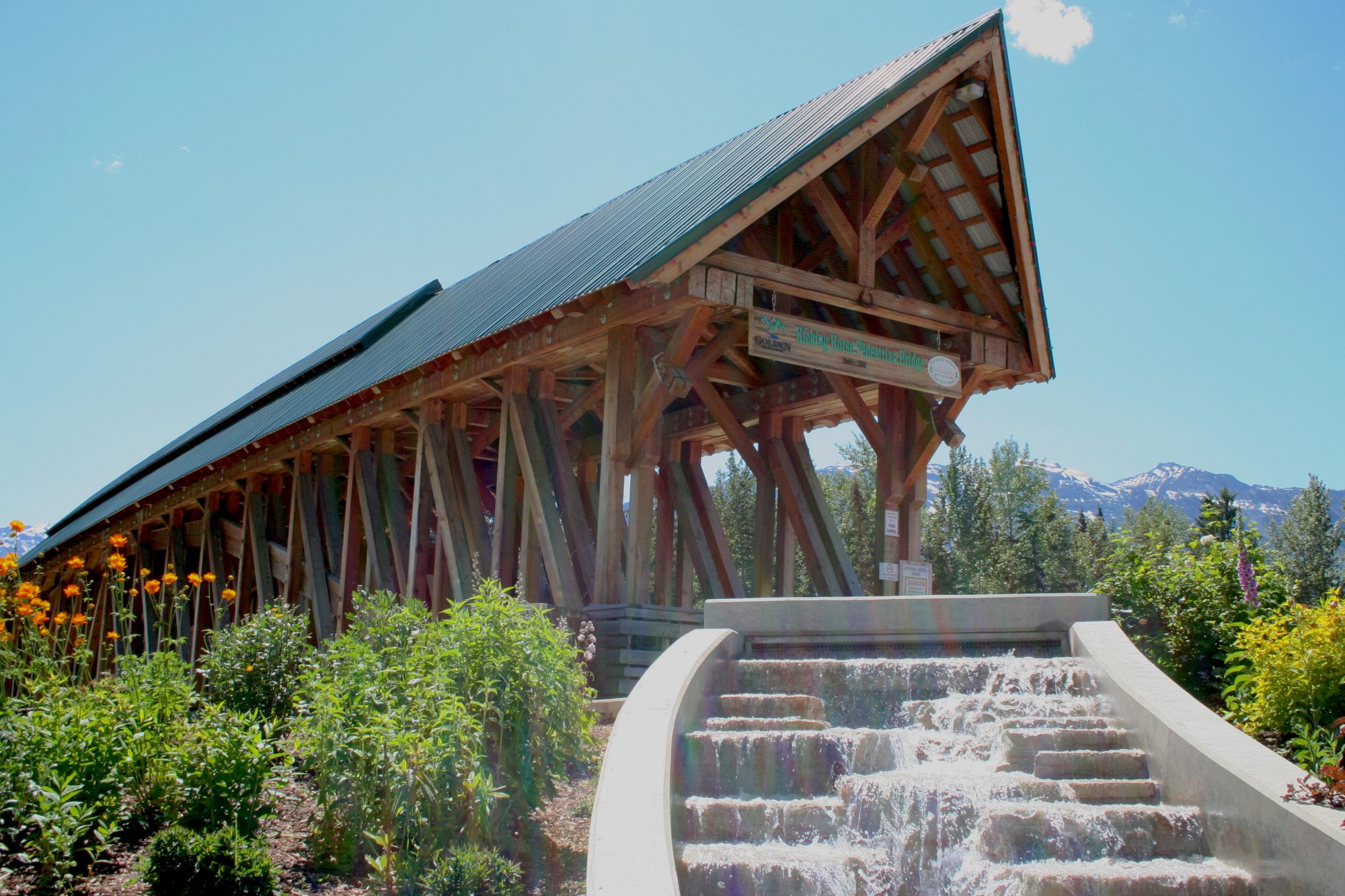In one of the most enduring episodes of The Simpsons, the town of Springfield, in an effort to keep up with neighbouring Shelbyville, gets behind a monorail project. The townsfolk’s determination to build the monorail becomes more than a matter of civic pride – it’s an obsession.
Like Springfield, Golden, B.C., a two-hour drive west of Banff on the Trans-Canada highway, no longer wants to just another town. Once a whistle stop on the Canadian Pacific rail line, it has a plethora of skiing and adventure-sport opportunities and is home to an array of restaurants. The town has united in order to make this known. It doesn’t want to play second, even third fiddle to the mountain towns on the Alberta side of the border.
But, unlike Springfield, there is no sign that Golden’s plans are going to turn to dust.
Developments are emerging throughout the town, on the shores of the ice-blue Kicking Horse River and up the mountain. Travel across a rickety wood bridge and up a mountain road and, among the black bears and evergreen trees, you’ll find $1-million-plus homes, all built within the past 10 years.
Ken and Lori Chilibeck are prime examples of the boom that’s happening on the mountain.
In 2004, they opened their 10-room Vagabond Lodge, a stone’s throw from the Golden Eagle Express Gondola, which whisks skiers in the winter and mountain bikers in the summer 2,300 metres to the peak of the Kicking Horse Mountain Resort, where the Eagle’s Eye Restaurant is perched, serving gourmet entrees like the bison short ribs, cheese plates and charcuterie. Once a rugged extreme course, Dutch developer Ballast Nedam has transformed it into an alpine village with all the amenities.
The Chilibecks’ rustic, charming lodge offered a change of pace for the couple. “We skied the resort in the first year and we saw the potential for this area. There was a real opportunity here,” said Ken, who left his job as a TSN reporter on the Oilers and Eskimos’ beat to pursue his Golden dream. “And, before that, the family, including my sons Kori and Shane, used to come camping in the area.”
